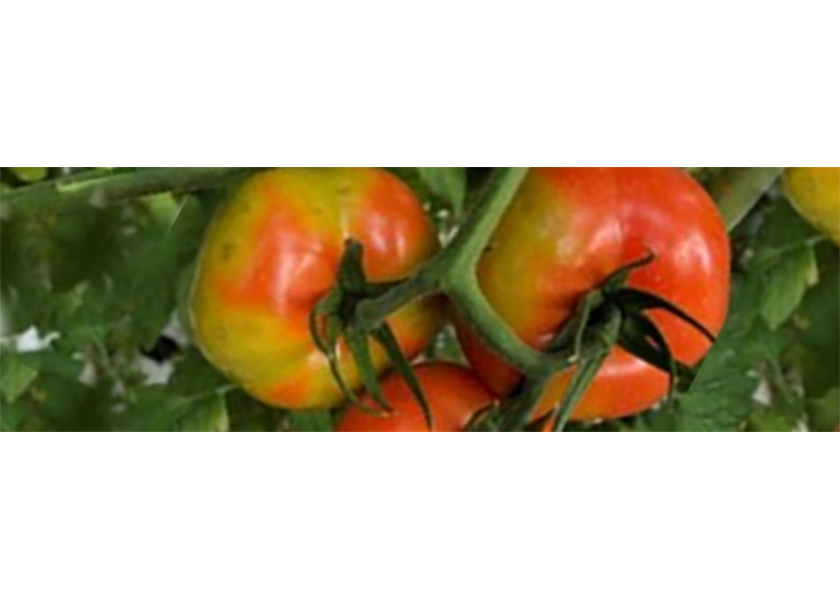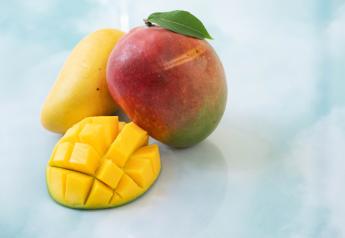USDA seeking input on the handling of tomato virus

The USDA’s Animal and Plant Health Inspection Service is seeking input on how the agency should handle the Tomato brown rugose fruit virus (ToBRFV) in fresh tomatoes and peppers.
APHIS is issuing a stakeholder registry announcement to solicit public comment on two pathway risk assessments and three potential regulatory policy options for ToBRFV in fresh tomato and pepper fruit for consumption and plant propagative material, including seeds, the UDSA said in a news release.
To safeguard U.S. agriculture against the introduction of the virus into the country, APHIS issued a federal order effective Nov. 22, 2019, to restrict the importation of tomato and pepper fruit and plant propagative material, such as plants intended for planting, plant parts and cuttings, and seeds.
On June 3, 2020, APHIS amended the federal order to clarify the requirements for fruit, specifically requiring an additional declaration for tomatoes and/or pepper fruit from countries that already must provide a phytosanitary certificate for these commodities, according to the release.
All other requirements remained unchanged.
The distribution of ToBRFV is rapidly changing across the world, and given numerous detections of the virus in the U.S. over the past several years, APHIS is reevaluating the agency’s policies for regulating fresh tomato and pepper fruit for consumption and plant propagative material, including seeds, for ToBRFV, the release said.
APHIS developed pathway risk assessments to update and inform its policy decisions related to the virus. APHIS drafted the following documents: a tomato and pepper fruit for consumption pathway risk assessment; a propagative plant materials pathway risk assessment; and a document that describes three potential regulatory responses considering the pathway risk assessments.
APHIS is seeking scientific information that would provide a greater understanding of the distribution of ToBRFV in the U.S. and of best management practices, including the development of resistant tomato varieties for this virus, the release said. APHIS is also seeking information about the economic impacts of the potential regulatory options.
APHIS is considering three regulatory policy options:
- Continue to regulate ToBRFV as a quarantine pest but remove those import restrictions for tomato and pepper fruit for consumption. APHIS would continue to regulate propagative materials, including plants and seed, as described in the existing import federal order. APHIS would continue to take action on domestic detections of the virus in seeds and other propagative material.
- Categorize ToBRFV as a non-quarantine pest and rescind the import federal order. This action would remove all import restrictions for this virus for fruit for consumption and for propagative materials. APHIS would no longer take action on domestic detections of the virus.
- Continue to regulate ToBRFV as a quarantine pest and implement the requirements in the existing import federal order without change. APHIS would continue to take action on domestic detections of the virus in fruit, seeds and other propagative material for consumption.
APHIS will accept public feedback for 30 days following the publication of the documents on the Stakeholder Risk Assessment Consultation through a designated webpage. APHIS will consider all comments received by August 30, 2023.
The current ToBRFV federal order is available on APHIS’ website. Questions can be sent to PPQPRAComments@usda.gov, with "ToBRFV" in the subject line.







